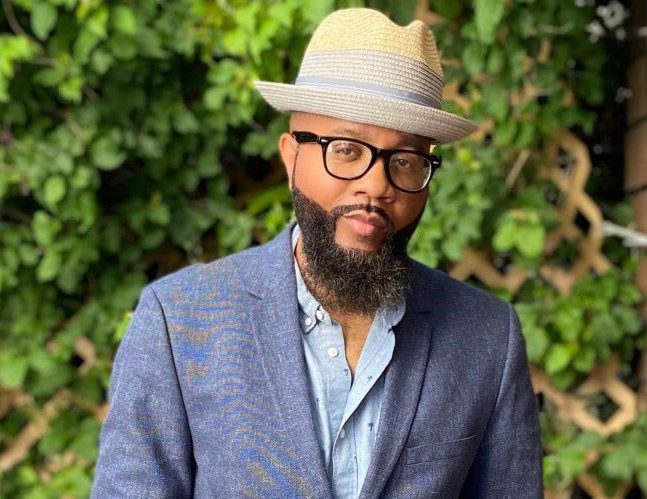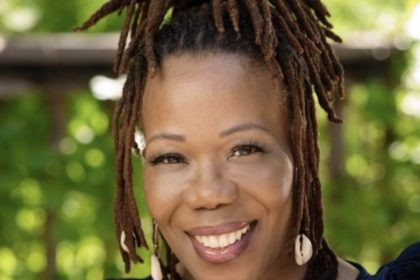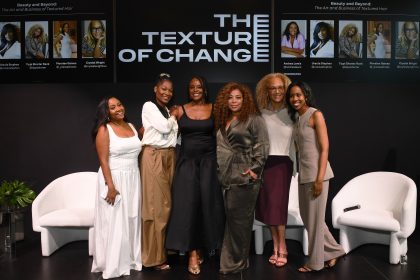Roy Scott is the definition of a funder and a founder. He created Healthy Hip-Hop, a positive and educative hip-hop platform for the youth. He also found out how to scale his business and raise more than $3 million for his business and other entrepreneurs through his “Life’s A Pitch” program. He dropped by the rolling out studios to give some game to the entrepreneurs and drop some gems about venture capitalism.
Why did you start Healthy Hip-Hop?
I was rapping in Kansas City, Missouri. Actually, I started with Tech N9ne, many, many years ago, we were on Midwest Side Records. I had my son — he probably was about 3 years old at the time — and I really wanted to be the dad for him that I didn’t have. So, I picked him up from school every day, and one day he started repeating my music. That music promoted … drugs, violence, etc. — and that was just a light bulb moment.
How do you plan to make Healthy Hip-Hop the ‘Urban Disney?’
We want it to be an iconic children’s brand. So, we see us getting there by our value proposition out the gate. Even though this is hip-hop for kids, it still sounds like the streets. So, it started with the music, but then it evolved into education. So we’re using this in school settings to improve focus, engagement, behavior, literacy, social and emotional learning. We’re in schools heavy, but now we’re also doing more direct-to-consumer. So now, we have a mobile app. We have our own characters and IPs. So with Disney, when you talk about them, it’s about the IPs, right? They got characters — Mickey Mouse, etc. So, you know, we got PJ Panda, Jungle Rap and Roy. So, we have some of those same aspects, but bigger than that [because] we built out our own technology, This is how we become the iconic children’s brand: kind of slowly but surely working with schools, working with parents and creating content and curriculum and music that it activates the culture that resonates. So, it’s not corny; it’s not watered down, even though it’s for our kids.
How did you fund Healthy Hip-Hop?
I kind of got forced into this venture capitalist space. I say “forced” because there’s a background story. We closed a deal with one of the hardest sharks, Mr. Wonderful. So we’re, like, the deal is cool, but we need the national exposure from the show. Well, our episode got blocked from airing, and our deal got pulled off the table because of the Hollywood politics. [Namely], ABC — the network that “Shark Tank” comes on — is owned by Disney, and they looked at our children’s programming as competition. Welcome to Hollywood is what they told us.
Hence, why I say like the “urban Disney,” and why we’re coming back to get acquired. That was like a make-or-break moment because you talking about mountain highs to valley lows. It was, like, here we’re on, we’re about to get the national exposure. We got a half-a-million-dollar deal, just to get slam-dunked in the trash can. So what’s the next move we make?
That’s when I got deep into the entrepreneurial resources that Kansas City had to offer. I knew we had something special, but this showed me that we also didn’t have a strong business model. So, I went through Kaufman Fast Track. So the Kaufman Foundation … got multiple entrepreneurial programs; we went through Kaufman Fast Track. We really started digging, like, okay, well what’s our go to market strategy? Who’s our real customer? How are we going to scale it?
Immediately after that I was, like, hip hop has been living in Atlanta for the last … 30-plus years, of course. So I’m, like, let me get down here where the culture is at. So, that’s when I came down here and started building relationships. The first person I met was Barry Givens. And Barry’s over at a Collab Capital. He was with tech stars. So, I kind of went through some of those programs and just really kind of learning that. And that’s what put me in a position to raise the money and figure out how to best position the company.
What’s the Life’s a Pitch Program?
I got a company called Life’s a Pitch Program, and I help founders … with everything I did, showing them the guidelines to get your program funded: let’s get your storytelling down pat; let’s get all your assets in line; let’s see where the money’s at, and let’s go for it. I’m like, hey, listen, I’m still an entrepreneur in the trenches, but I’m … someone who’s been there and done that. I’m gonna give you the game on how you can do this as well, and I’m sharing all the opportunities and all the resources that are out there.












